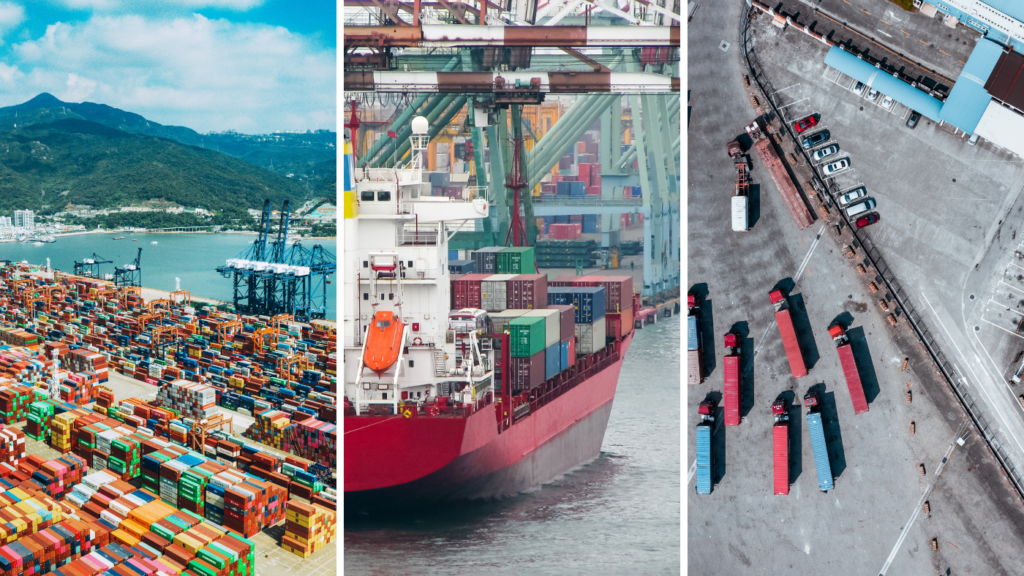Yard Storage
Introduction to Yard Storage
Yard storage is a crucial component of the logistics and shipping industry. It refers to designated areas, typically in proximity to ports, warehouses, or transportation hubs, where shipping containers are temporarily stored either before being loaded onto vessels or vehicles or after being unloaded. Efficient yard storage practices ensure smooth operations and minimize delays, contributing significantly to the supply chain’s effectiveness.


Types and Features of Yard Storage
Container Yards
These are vast open areas where shipping containers await transit. They are strategically located close to seaports and play a vital role in international trade.
Dry Ports
Situated inland, these storage facilities act as extensions of seaports, facilitating the movement of goods to and from remote locations.
Features of Yard Storage:
- Stacking Areas: Specific sections of the yard designated for stacking containers.
- Equipment Availability: Yards are equipped with machinery like cranes and forklifts to handle containers.
- Security Measures: Surveillance cameras, guarded entrances, and perimeter fencing ensure the safety of the stored goods.
- Inventory Management: Efficient systems to track the location, entry, and exit of containers.
Importance of Yard Storage in Supply Chain
- Buffering Delays: Yards act as buffers, accommodating containers when there are unforeseen delays, be it due to customs checks, transportation issues, or other reasons.
- Facilitates Sequencing: Containers destined for the same location or route can be organized efficiently.
- Damage Control: Proper storage minimizes the risk of damage to goods, especially when adverse weather conditions arise.
- Streamlined Operations: Effective yard management ensures quicker loading and unloading, reducing the turnaround time for ships and trucks.


Challenges and Solutions in Yard Storage
Challenges:
- Space Constraints: With increasing global trade, space is at a premium.
- Operational Delays: Inefficient yard management can result in long wait times, affecting the supply chain.
- Security Concerns: Theft and pilferage are perennial concerns.
- Environmental Factors: Weather events can disrupt operations.
Solutions:
- Yard Management Systems (YMS): Digital platforms that offer real-time visibility into yard operations, optimizing space utilization and streamlining movement.
- Robust Security: Invest in advanced surveillance systems and employ trained security personnel.
- Weatherproofing: Some yards incorporate structures or covers to protect against extreme weather.
Key Takeaways for Businesses
- Invest in Technology: Modern Yard Management Systems offer efficiency gains that, in most cases far outweigh their costs.
- Prioritize Security: The safety of goods in storage should never be compromised.
- Strategic Location: Choose yard storage facilities that are well-connected and close to key transportation hubs.
- Continual Improvement: Regularly review and refine yard storage practices to adapt to changing logistics landscapes.

Disclaimer: This article offers a foundational overview of yard storage in the context of the shipping and logistics industry. It is intended for informational purposes and is not legal, financial, or formal business advice. For detailed insights and specific scenarios, it’s recommended to consult professionals.
Contact Us
The world of logistics is complex and full of technical, financial, and business elements. The logistics experts at Phoenix International deliver top-quality freight forwarding service, supported by powerful technology and decades of experience. Contact us and let us know how we can help you!
